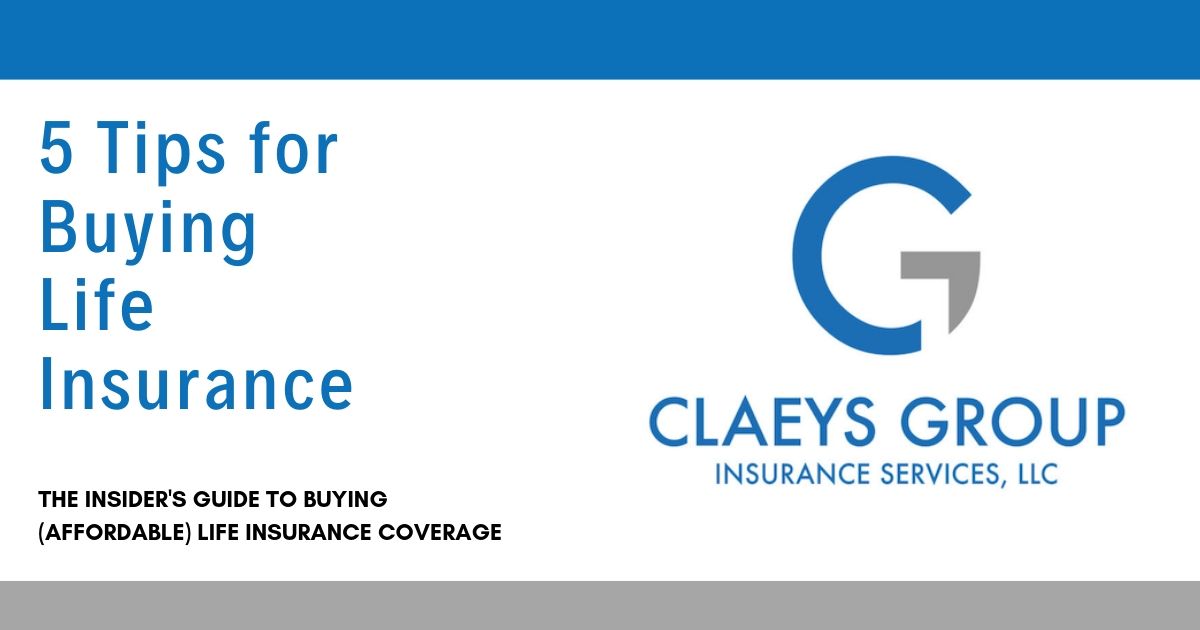
In considering life insurance, the first question you need to ask is: Do I need it? This is an individual question based on your specific situation. If, for example, anyone depends on you financially, you definitely need life insurance. If you were to die, would you leave behind a spouse and / or children who could use financial help?
Life insurance can lessen burdens of those left behind. It can eliminate personal or business debt, pay off a mortgage, pay off medical bills, provide a tax-free financial benefit, etc. As a result, it can provide valuable peace of mind for the policy-holder.
Answering the first question in the affirmative leads to a second question: How much do I need? Again, this depends on your specific circumstances. Do you have a spouse who needs to replace your income? Do you have a mortgage to pay off? How much debt do you have? Do you have children you would like to send to college? (Do you have daughters who will eventually get married? Remember who pays for those weddings which aren’t cheap!)
Of course, in this needs assessment, you also need to work within your budget. So, determine how much you can comfortably spend on life insurance, but also recognize that this could be a priority item for your family.
Life insurance is a great risk management tool, but there may be better ways to grow your money. This means you want to purchase the best coverage you can for your situation instead of looking at life insurance as an investment. (Although, in some select situations, life insurance can offer positive, tax-privileged growth of one’s money.) Maximize your life insurance budget for protecting your family, etc.
The next important key to buying life insurance wisely is to determine the right kind of life insurance for your particular situation. Are you married with a big note left to pay on your mortgage? Do you have young children? If yes, term insurance may fit your needs for now.
Term insurance is coverage for a particular term, such as ten, fifteen, or twenty years (or thirty years, if the purchaser is young enough). This kind of life insurance is the least expensive, at least in the beginning. During the term of the policy, your premiums will remain the same; however, if you outlive the term (which most people do), your premium will escalate (and will continue to do so) in such a way that it could become too expensive to hang onto. But if you have younger children and want to make sure you provide for them until they reach their twenties, then term will do that for you.
Do you want to make sure funeral expenses are covered? Do you want to guarantee you are leaving money to loved ones? If yes, your need is for permanent life insurance.
There are different kinds of permanent insurance, such as whole life, variable life, and universal life. Whole life can be the most expensive, and, in most cases, is probably better suited for a small ($2,500 – $15,000), final expense plan (such as one to pay for funeral expenses).
Variable life can be purchased as a whole life product or a universal life plan, but it is the riskiest, as money you pay into it can be lost. It has sub-accounts that act like mutual funds. If the market goes up, great! If the market goes down, you lose out. Consequently, if your accounts do not do well, your life insurance could collapse.
Universal life policies, by and large, provide a greater amount of life insurance for your dollar. Universal life got a bad rap from the 1980s, as policies then were built on high interest rates. So, when the interest rates fell, policies collapsed. However, most insurance companies have learned their lesson and are building universal life policies to last. While, in extreme cases, there are still some universal life policies that could potentially collapse, there are some carriers that guarantee the policy to remain in effect (without an increase in premium) till death or age 120, whichever comes first.
These are three of the five critical tips one needs to understand for buying better life insurance. There are two more essential keys, which we will explore in part two of this article.
Who really wants to think about dying? Buying life insurance means we must face our…
When it comes to retirement planning, Social Security is one of the most important—and often…
Claeys Group Insurance Services has been named top life insurance agency in Tyler, TX…
This article details upcoming changes to Medicare with the Inflation Reduction Act, or IRA. What…
With the ever-changing changing economic landscape of late, and with many considering retirement at age…
The Donut Hole & Inflation Reduction Act The Inflation Reduction Act, passed by Congress in…
This website uses cookies.
Read More
View Comments